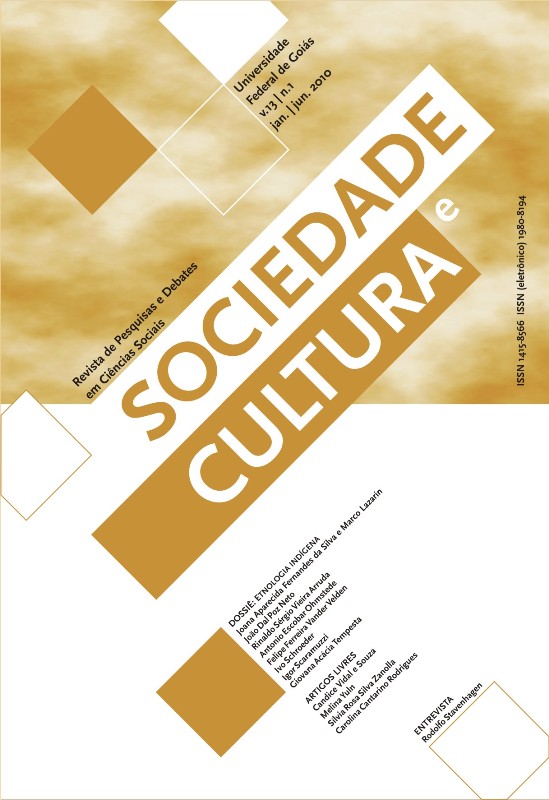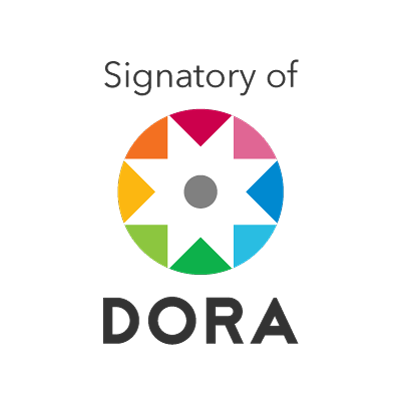“Los tiempos de la historia”: temporalidades, mito y historia en materiales didácticos de autores indígenas
DOI:
https://doi.org/10.5216/sec.v13i1.11175Palabras clave:
historia indígena, educación escolar indígena, mito y historia, conocimientos tradicionales, escritura.Resumen
En las últimas décadas, muchos grupos indígenas han ampliado sus relaciones con diversos sectores de la sociedad nacional. En esse contexto de intensificación de los embates y negociaciones con los no-indígenas, las experiencias de escolarización, sobre todo aquellas desarrolladas dentro del modelo “específico y diferenciado”, constituyen un importante espacio de producción discursiva, el cual este artigo busca enfocar. Es en el ámbito de esas experiencias de escolarización que muchos grupos indígenas producen nuevos conocimientos sobre sus “saberes” y experiencias históricas. En esos procesos de producción de conocimiento, los materiales didácticos son uno de los productos más significativos. Enfatizando esos procesos, el presente artigo tiene como objetivo analizar las concepciones y formas de organización del tiempo presentes en diez materiales didácticos cuya propuesta principal es la escrita de narrativas sobre reflexiones y experiencias históricas vividas por grupos indígenas. Buscase analizar las formas de articulación entre conocimientos y narrativas indígenas y las concepciones occidentales de conocimiento y transmisión de experiencias históricas.
Descargas
Descargas
Publicado
Cómo citar
Número
Sección
Licencia
Autores/as que publican en esta revista están de acuerdo con los siguientes términos:
- Autores/as mantienen los derechos autorales y ceden a la revista el derecho de primera publicación, siendo el trabajo simultáneamente licenciado por la Creative Commons Attribution License, lo que permite el compartir del trabajo con reconocimiento de autoría y de la publicación inicial en esta revista;
- Autores/as tienen autorización para asumir contratos adicionales separadamente, para distribución no exclusiva de la versión del trabajo publicada en esta revista (ejemplo: publicar en repositorio institucional o como capítulo de libro), con reconocimiento de autoría y de la publicación inicial en esta revista;
- Autores/as tienen permiso y son estimulados/as a publicar y a distribuir su trabajo en la web (ejemplo: en repositorios institucionales o en su página personal) a cualquier punto antes o durante el proceso editorial, ya que eso puede tener alteraciones productivas, así como aumentar el impacto y la cita del trabajo publicado (véase O Efeito do Acesso Livre).



